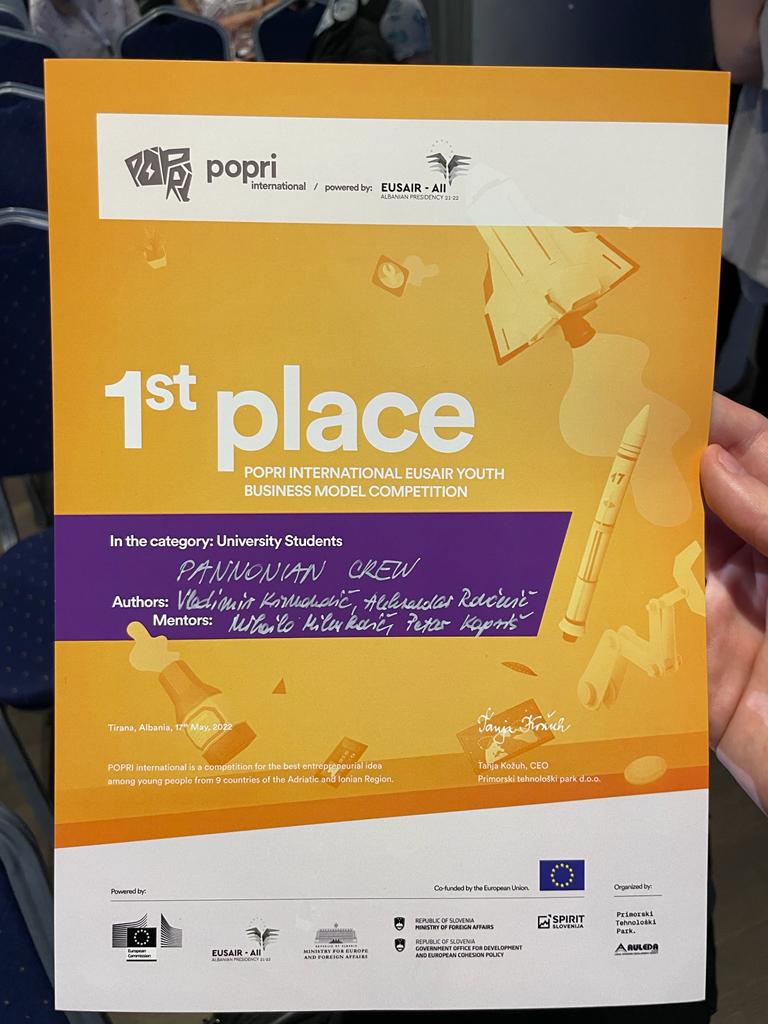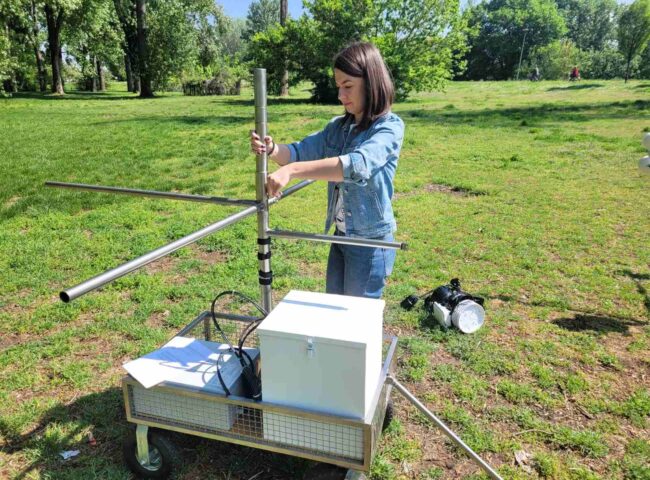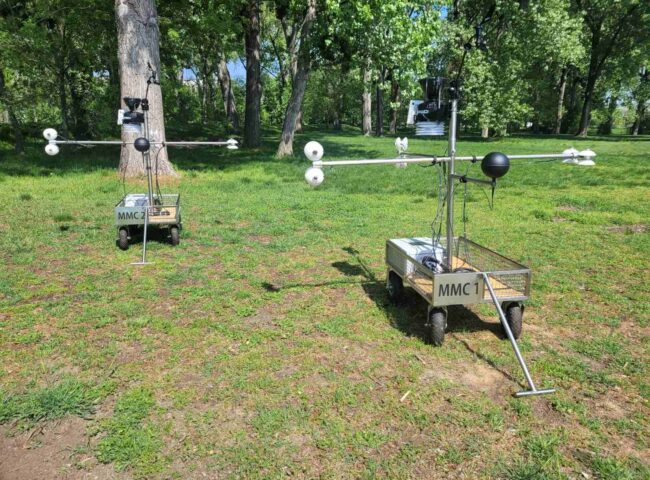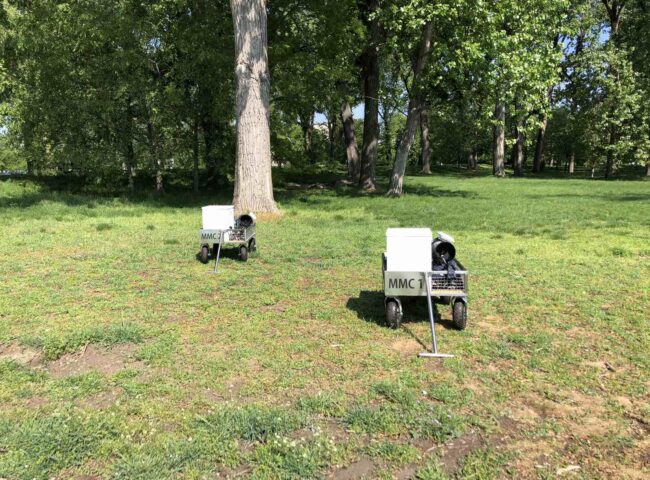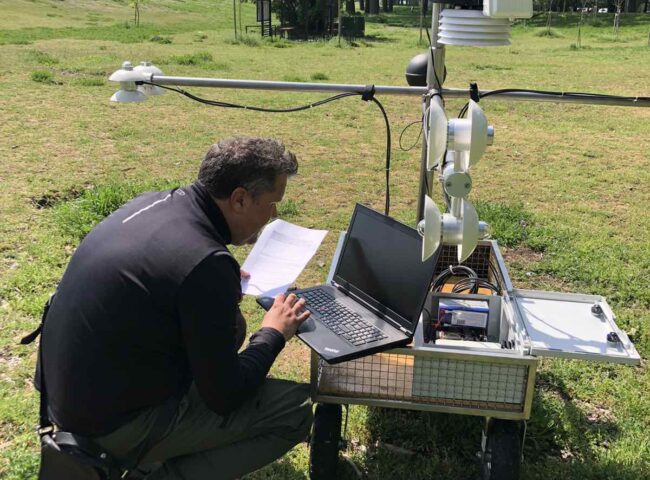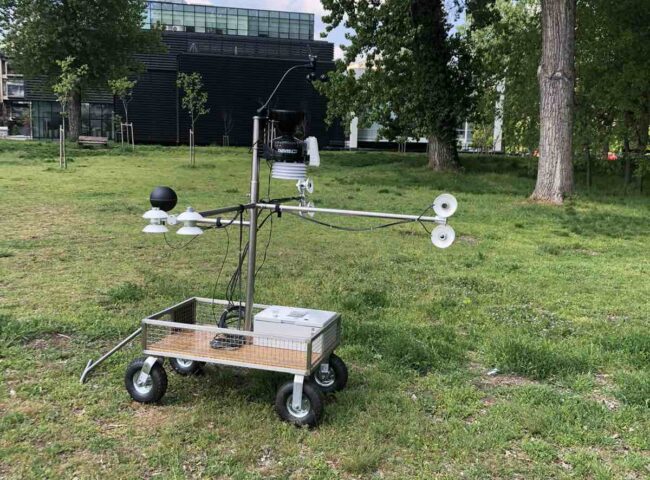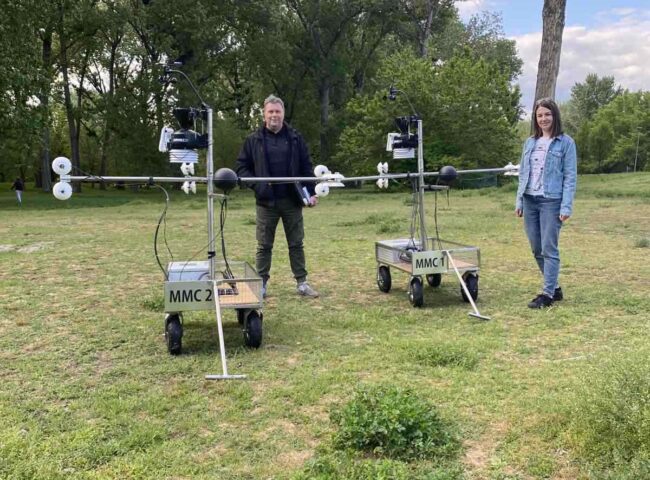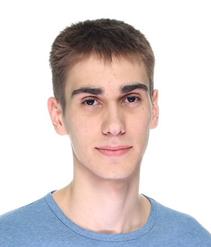In the organization and under the auspices of the Government of the Republic of Serbia, the Government of Albania and the Republic of North Macedonia, and within the implementation of the Open Balkan initiative, the second event “Wine Vision by Open Balkan” was held from November 16 to 19, 2023.
As part of this event, the first competition of professional chefs and young chefs was held under the name “Food Vision by Open Balkan – Open Balkan Chef Culinary Challenge 2023”. The quality of the competition was strengthened by the renowned international judges, with exceptional culinary experience; Dragan Unić (president of the team of judges), Daniel Schade, Dominique Grandjean, Franciane Tartari, Daniel Ayton, Miroslav Kubec, Martina Events and Saso Dravinec.
From the Faculty of Sciences, Department of Geography, Tourism and Hotel Management, Chair of Gastronomy in the category “Best Young Chef” – preparation of a traditional dish in a modern way, 6 undergraduate and master students participated, who achieved outstanding results, entering the top nine and winning the following awards:
- Milica Petrušić, gold medal, first place;
- Saveta Bikić, silver medal, second place, and award for the most promising young chef;
- Milana Čugalj, fourth place;
- Filip Vitomirović, sixth place;
- Mihailo Mlabaša, eighth place;
- Andrija Kocić, ninth place.
The proud mentors of the students were: Dr Bojana Kalenjuk Pivarski and Goran Radivojević, with the assistance of colleagues Velibor Ivanović and Stefan Šmugović.

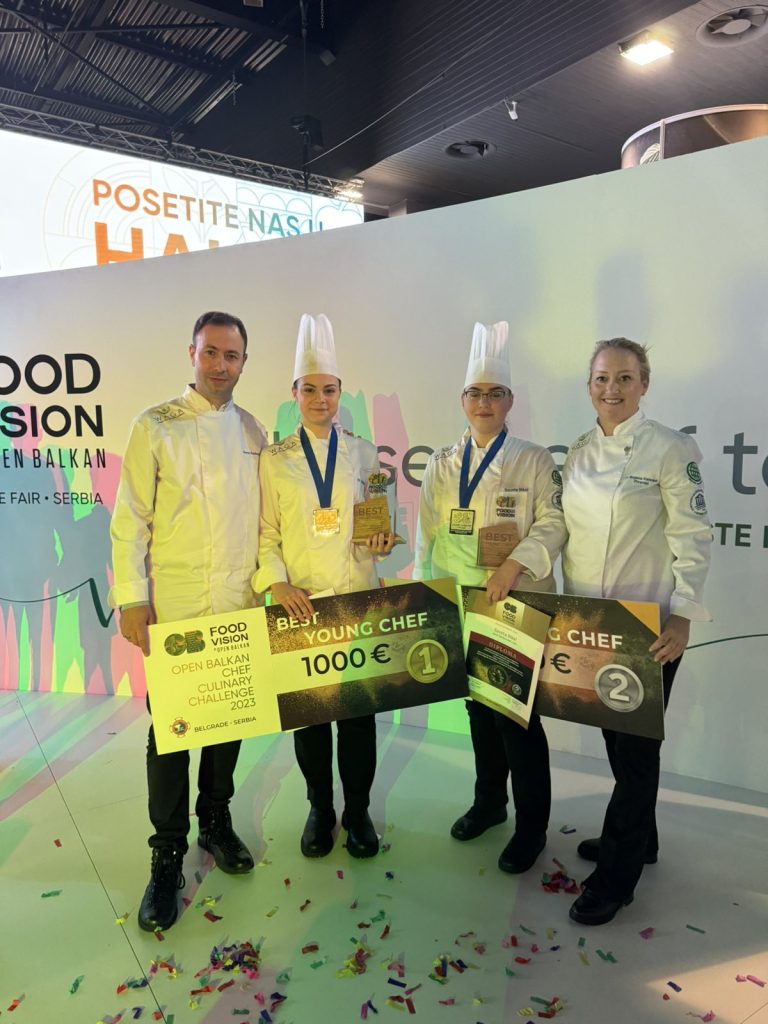
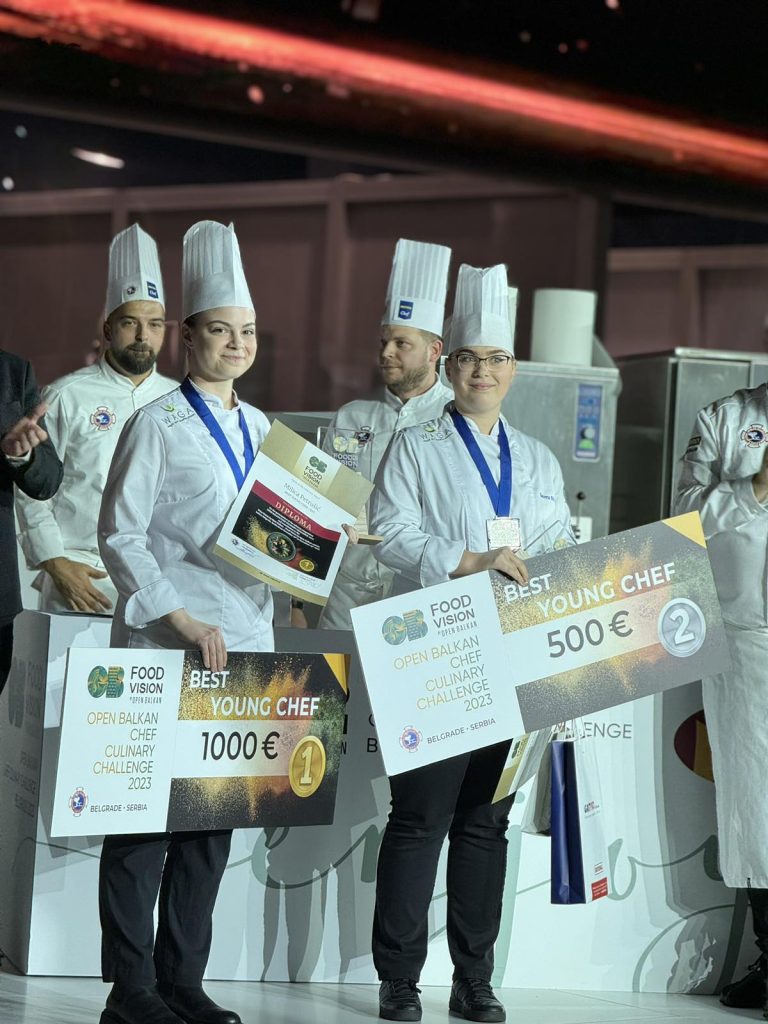
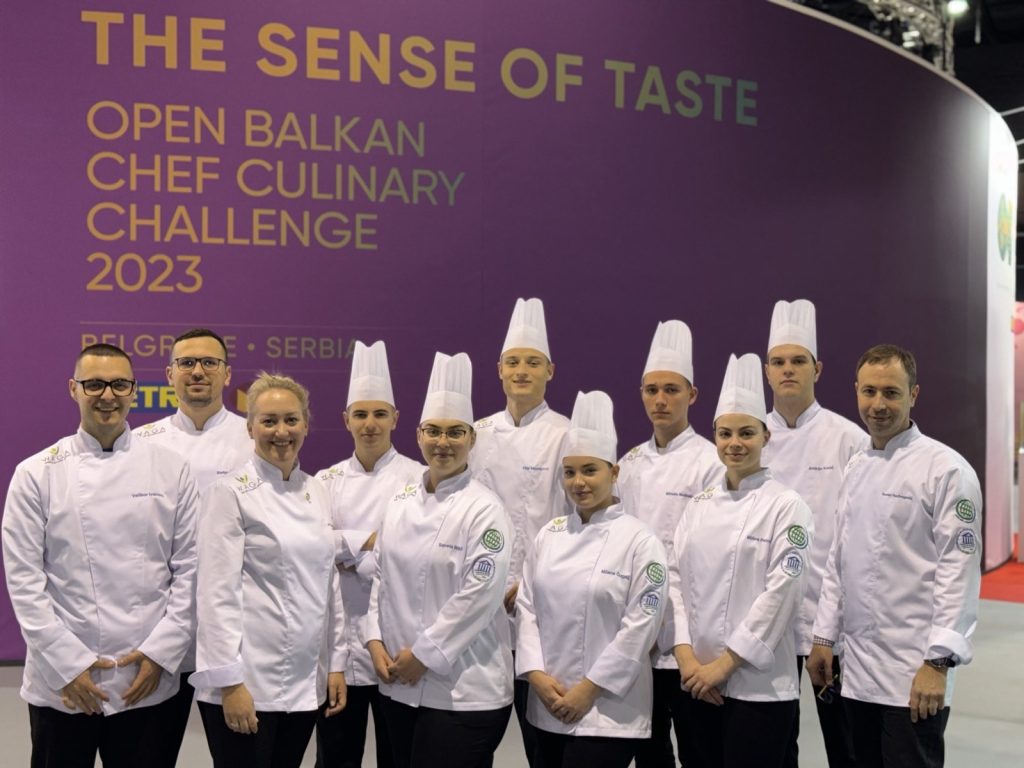
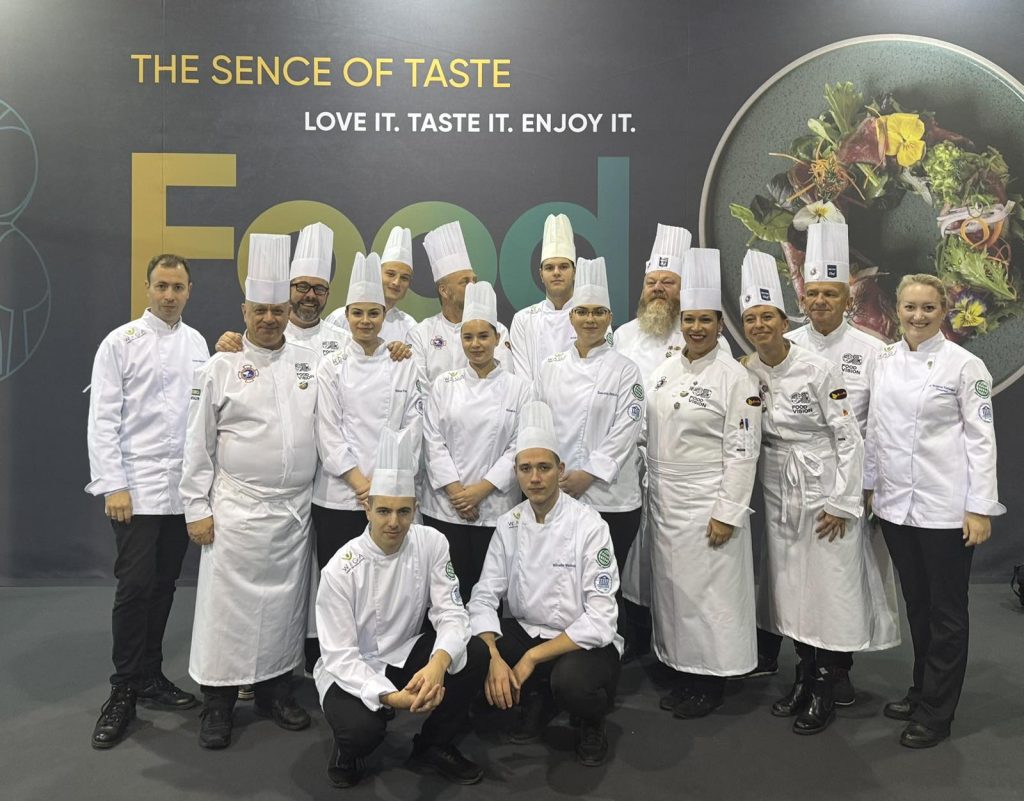
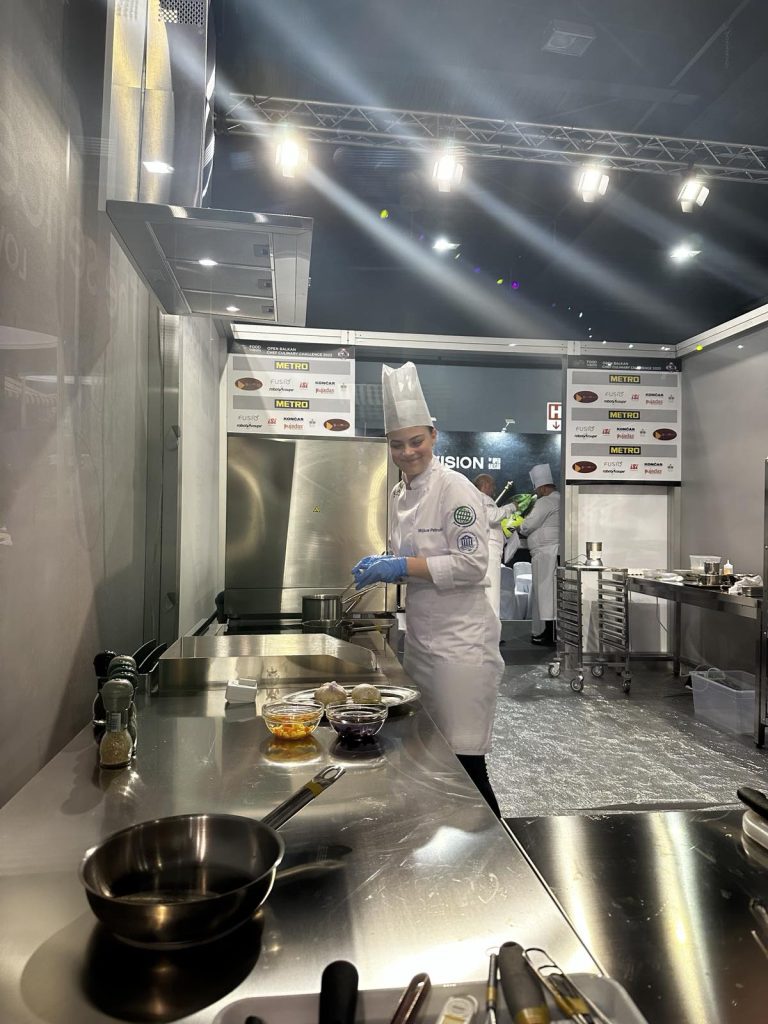
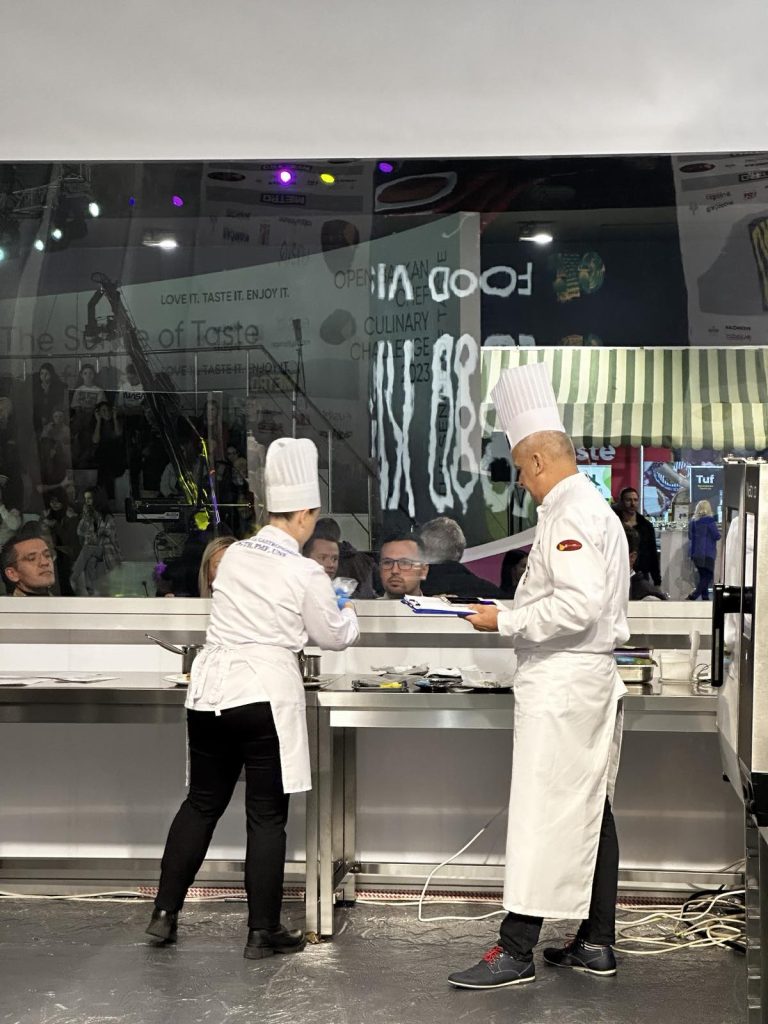
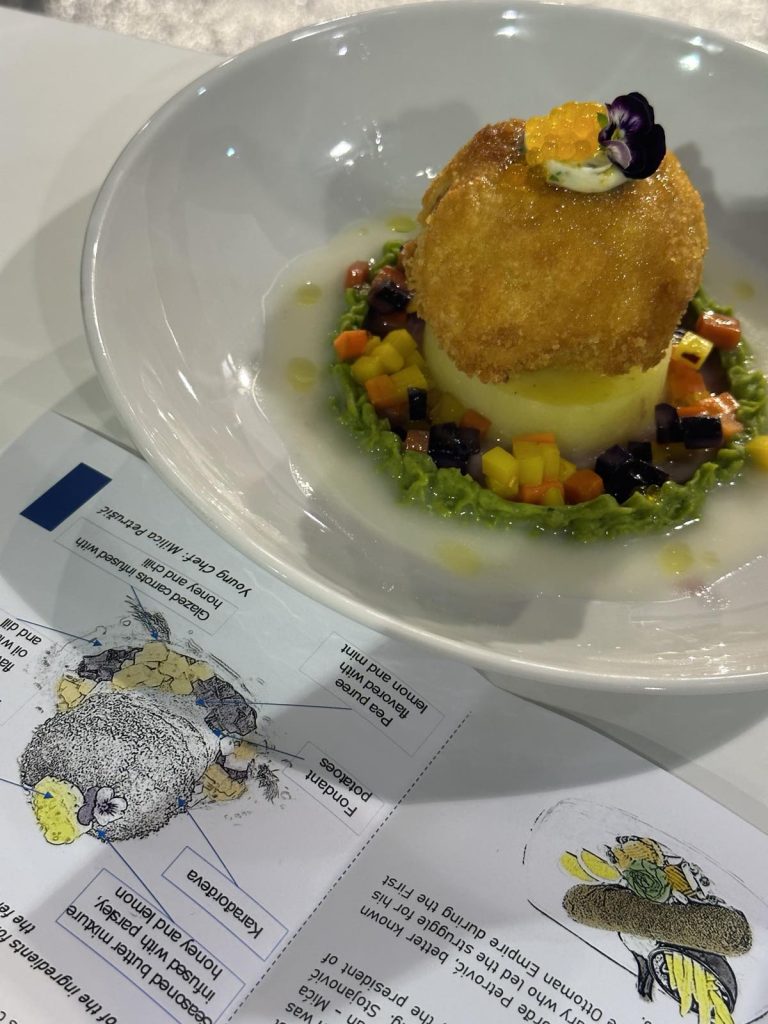
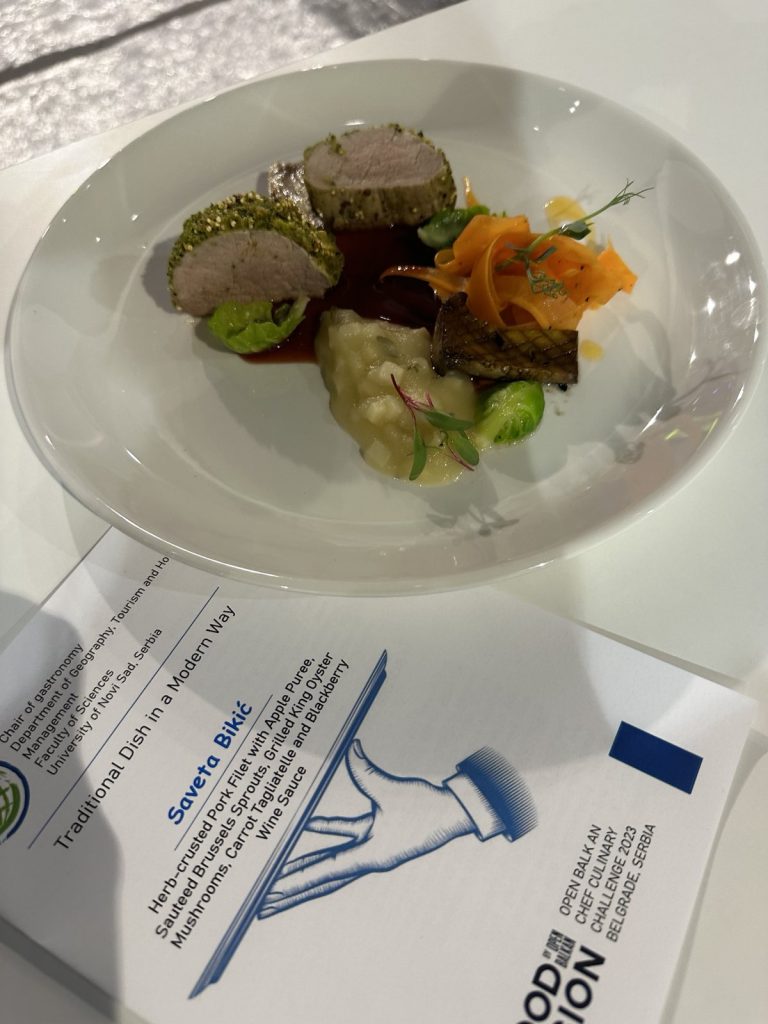
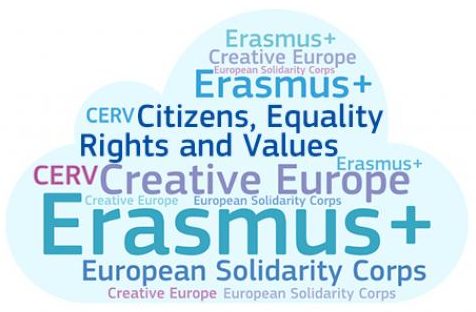 Within the Erasmus+ call KA220-SCH – Cooperation partnerships in school education, the project “Science&Math educational games from preschool to university (SciMag)” was approved.
Within the Erasmus+ call KA220-SCH – Cooperation partnerships in school education, the project “Science&Math educational games from preschool to university (SciMag)” was approved.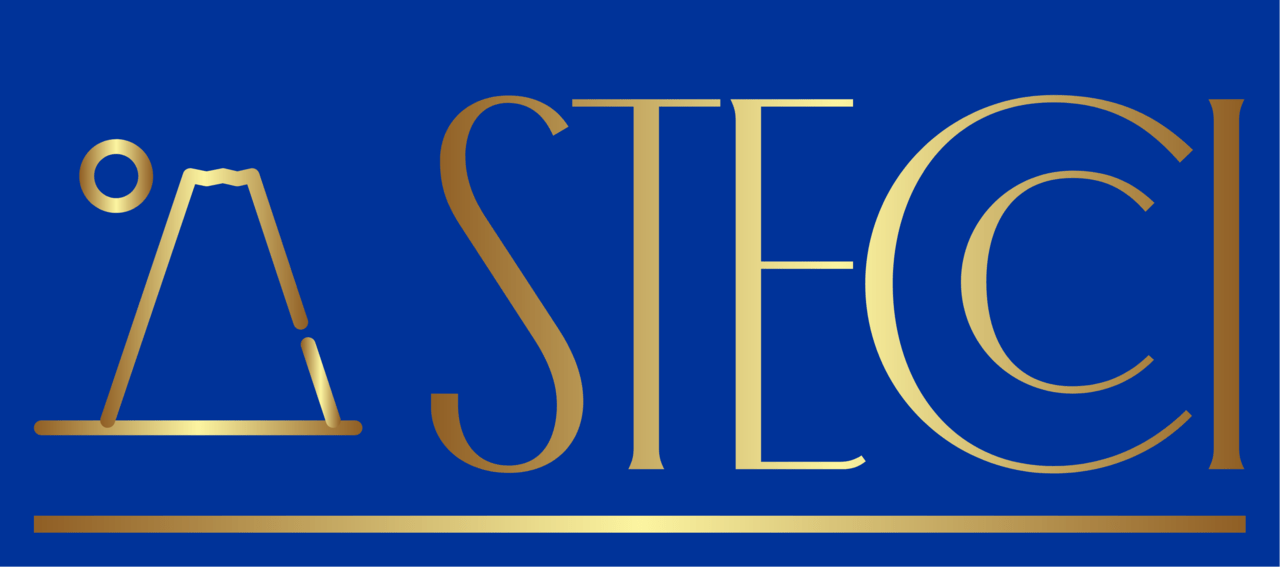 As of September 1, 2023, the Faculty of Sciences University of Novi Sad officially started the implementation of this scientific research project financed within the EU Program for Research and Innovation ‘Horizon Europe’ (2021-2027) titled ‘Stone Monument Ensembles and the Climate Change Impact’ (STECCI). The project was rated as outstanding by the evaluators of the European Commission and the Horizon Europe Program with 14 out of 15 possible points.
As of September 1, 2023, the Faculty of Sciences University of Novi Sad officially started the implementation of this scientific research project financed within the EU Program for Research and Innovation ‘Horizon Europe’ (2021-2027) titled ‘Stone Monument Ensembles and the Climate Change Impact’ (STECCI). The project was rated as outstanding by the evaluators of the European Commission and the Horizon Europe Program with 14 out of 15 possible points.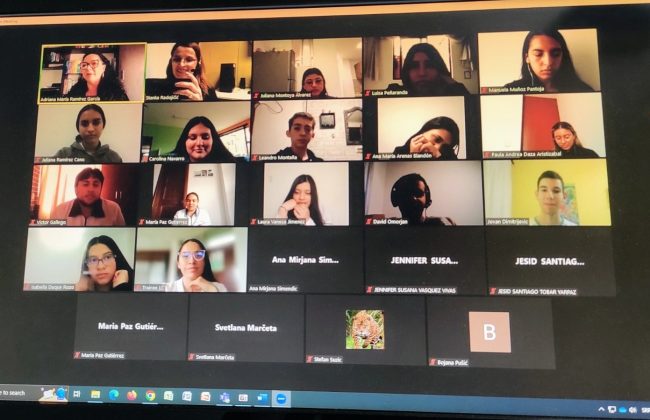
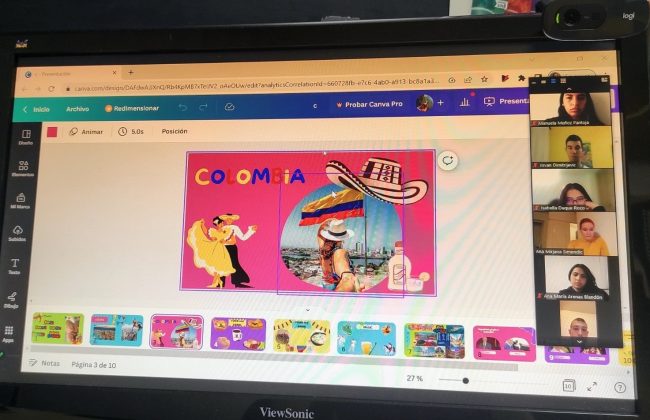
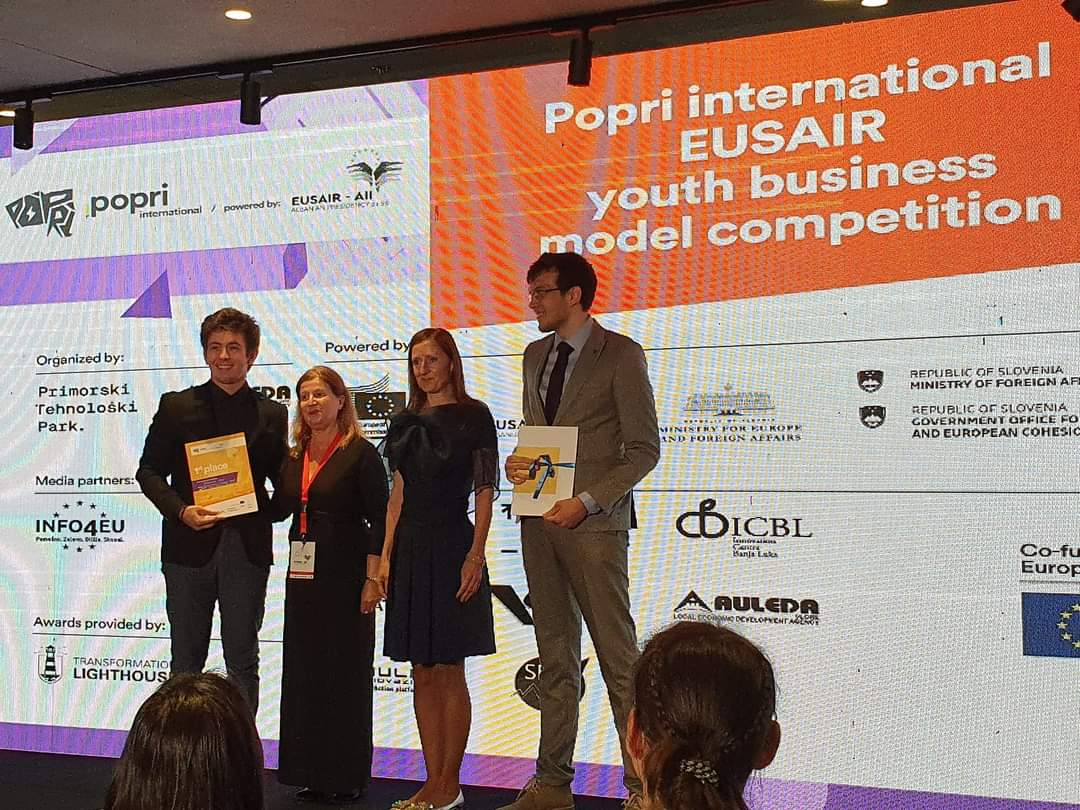 Last year in October, the team from the Faculty of Science “Pannonian Crew”, consisting of Aleksandar Rončević, Mihailo Milenković, Petar Kapriš and Vladimir Krsmanović, all attending Computer Science Program, won the first place in the national competition for best technological innovation in the category of student innovations. They developed the innovation “Lara” – a system for automatic accident detection and rescue of sailors, which consists of hardware and software systems.
Last year in October, the team from the Faculty of Science “Pannonian Crew”, consisting of Aleksandar Rončević, Mihailo Milenković, Petar Kapriš and Vladimir Krsmanović, all attending Computer Science Program, won the first place in the national competition for best technological innovation in the category of student innovations. They developed the innovation “Lara” – a system for automatic accident detection and rescue of sailors, which consists of hardware and software systems.